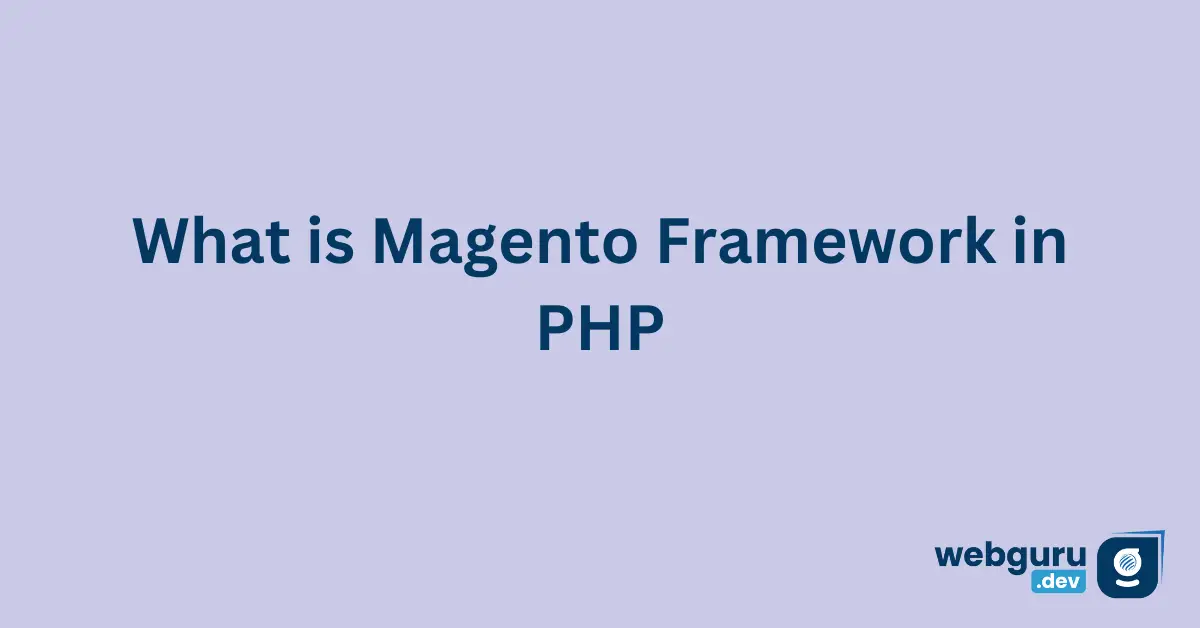Magento is a widely used platform for building online stores, thanks to its advanced technology, regular updates, and compatibility with Magento Commerce Cloud. It is renowned for driving eCommerce innovation, empowering over 760,000 websites globally, including major corporations like Coca-Cola, Samsung, Ford, and Nike. Despite facing competition from other shopping cart solutions, Magento remains a preferred choice for countless eCommerce merchants and developers. In this article, we will delve into the frameworks employed by Magento to enhance its capabilities, namely Magento 1 and Magento 2, both built on the PHP-based Zend Framework. Additionally, we will explore What is Magento Framework in PHP.
One of Magento's notable strengths lies in its expansive and active developer community, which has contributed to the development of a vast ecosystem of extensions and plugins. These valuable additions extend the platform's functionality across various areas, including marketing, SEO, shipping, and payment integrations.
For more information , please visit this :- https://webguru.dev/what-is-magento-framework-in-php/






